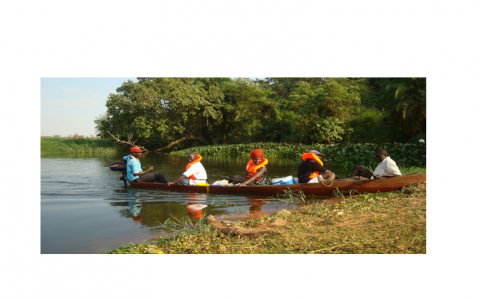Zoology in the Molecular Genetics Realm

In the teaching of evolutionary and population genetics we investigate the diversity and differentiation of life on earth from a genetic standpoint, using DNA sequences. This covers the realm of phylogenetic history, species formation, species boundaries, classification, and biogeography. This has been done using partial nuclear and extranuclear genome sequences and is now inclined to using large genomic data due to recent advances in the sequencing technologies and platforms. Indeed, this will shade more light on evolutionary trajectories and life strategies of diverse forms of life. This is ultimately destined to have implications on agriculture, human and animal health, the environment, pathogen evolution, conservation and jurisprudence. Our vibrant teaching and research team has varied interests in birds, mammals, fisheries, bacteria, viruses and insects. For details and scientific results of the above, please visit the websites of individual members of staff and the also the research and publication section of the department website.
